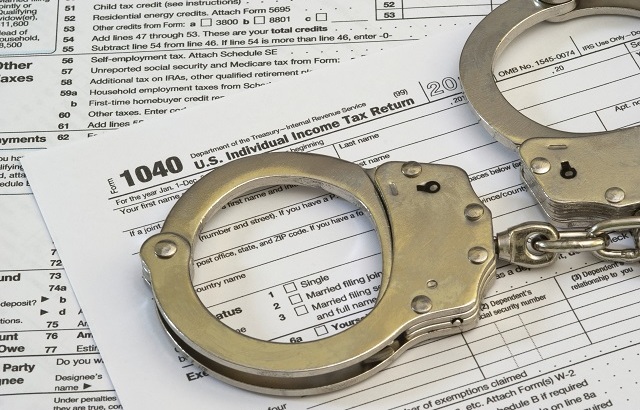The move comes in the wake of last month’s Panama Papers exposé, which uncovered the tax-evasive practices of the rich and powerful around the world often using anonymous offshore shell companies.
New ‘due diligence’ rule
In a series of initiatives set out by US treasury secretary Jacob Lew in a letter to house speaker Paul Ryan on Thursday, the so-called ‘customer due diligence rule’ means that banks and other institutions will now have to verify the identities of any people who own 25% or more of a company for which it provides an account.
The measure, designed to increase transparency, is similar to those adopted by many European nations in response to the Panama leak and, according to the Wall Street Journal, goes into effect immediately.
Last month, British prime minister David Cameron revealed that all crown dependencies and overseas territories will now provide company ownership data to UK tax and law enforcement authorities.
He also unveiled a new tax evasion law, making companies criminally liable for employees who aid tax evasion.
Furthermore, the Isle of Man and Gibraltar have now joined Europe’s five largest economies — Germany, Britain, France, Italy and Spain — and 17 other jurisdictions in signing up to a confidential beneficial ownership register which would automatically share information on the ultimate owners of companies.
Lobbying congress
Bloomberg has reported that the department is also lobbying congress to pass legislation that would require all companies to name the owners of any new entities they create. Meanwhile, the Justice Department is pushing for extended powers to subpoena information in certain money laundering and corruption cases.
Closing loopholes
Lew’s letter also unveiled plans to clampdown on loopholes that allow foreigners to bypass US taxes by hiding financial activity behind anonymous entities in the US.
“Gaps remain in our laws that allow bad actors to deliberately use US companies to hide money laundering, tax evasion and other illicit financial activities.
“Building on years of important work with stakeholders, the actions we are finalising today mark a significant step forward to increase transparency and to prevent abusive conduct within the financial system,” said Lew.








